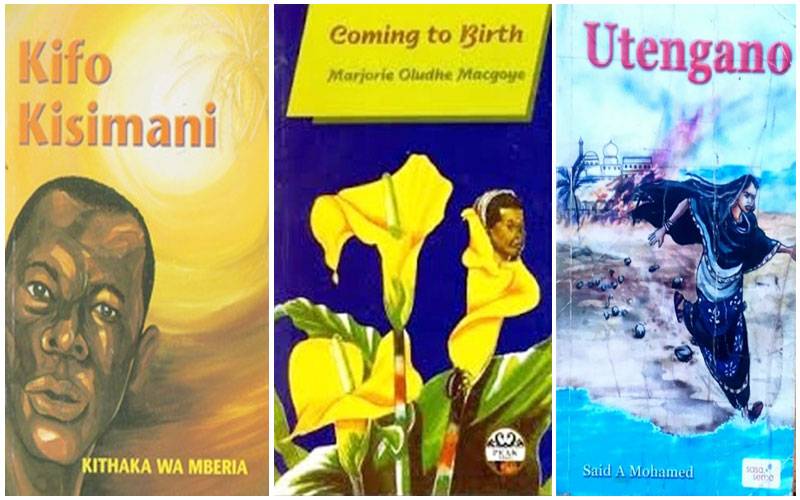×
The Standard e-Paper
Join Thousands Daily

Some of the set books that were trending on Twitter on January 5 and January 6. [File, Standard]
On Wednesday and Thursday, a number of high school set books from previous years occupied top Twitter trend slots in Kenya.